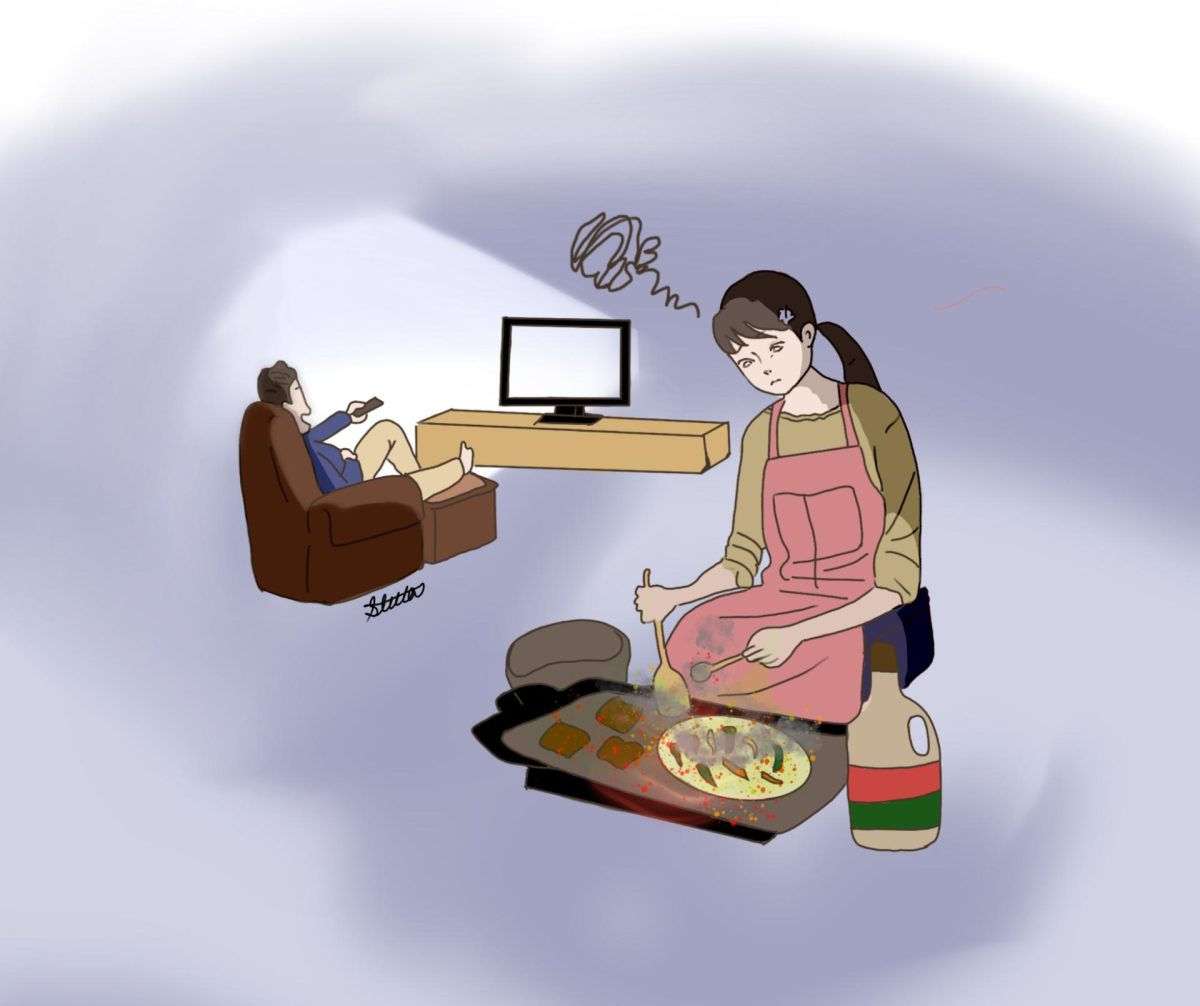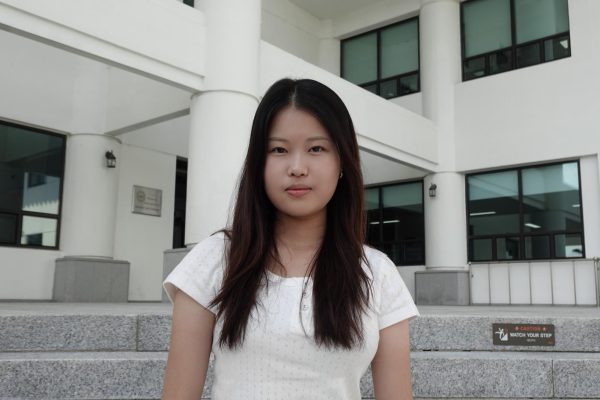Every Seollal, kitchens are filled with the sound of chopping, sizzling, and quiet sighs. It is common to see mothers, aunts, and daughters move back and forth, preparing an endless stream of dishes while the men sit in the living room, watching TV.
Gender inequality is not just present in these Korean holiday customs—it is fundamental to their culture. A survey revealed that over half of female respondents identified “being assigned the task of preparing food during holidays” as their primary experience of gender discrimination. This disparity is rooted in the chaerye tradition, where daughters-in-law are expected to prepare different meals for ancestral rituals. The physical and emotional burden of this expectation is immense; many women spend days endlessly cleaning and preparing dozens of traditional dishes.
For years, this has been the unspoken rule of Korea’s holiday traditions, but younger generations are rejecting and changing outdated customs.
The COVID-19 pandemic has been a major catalyst in bringing change to holiday practices. The once-mandatory gathering of extended families for sebae—formal New Year bowing—has become less common, and video calls have become a widely accepted alternative. Even as families have resumed gathering in recent years, many have opted for simplified versions of chaerye rituals. Some families have begun ordering certain dishes from restaurants or sharing the preparation responsibilities among all family members, regardless of gender. In fact, a survey by Lotte Members in September 2023 found that only 43.7% of respondents planned to conduct the formal chaerye rituals in Seollal, while 56.4% chose not to.
Some traditionalists have resisted this trend, arguing that any change to these rituals is an erosion of cultural heritage. However, this perspective fails to notice the fact that the elaborate rituals associated with modern Seollal are relatively recent developments, dating back less than 300 years in Korea’s 5,000-year history. Evolution is a natural part of cultural practices—even the one celebrated now is a modified version of a ritual.
Just as Korean society has evolved beyond other outdated Confucian norms—such as strict social hierarchies and limited educational opportunities for women—it also should abandon customs like chaerye that no longer align with contemporary values of equality.
As Korean society becomes more democratic and gender equality continues to improve, holiday gender roles become more problematic and unpreferable. The practice of burdening women with excessive domestic labor threatens the continuation of these traditions by making them unsustainable and uninviting for younger generations. It is also fundamentally unfair to create a deeply unequal distribution of responsibility that places a burden on one gender.
After all, Seollal was never meant to be a burden—it is all about family unity. When all family members participate equally in its preparation and celebration, the holiday can truly fulfill this original purpose. Perhaps, this change might be exactly what is needed to sustain the Seollal tradition.


